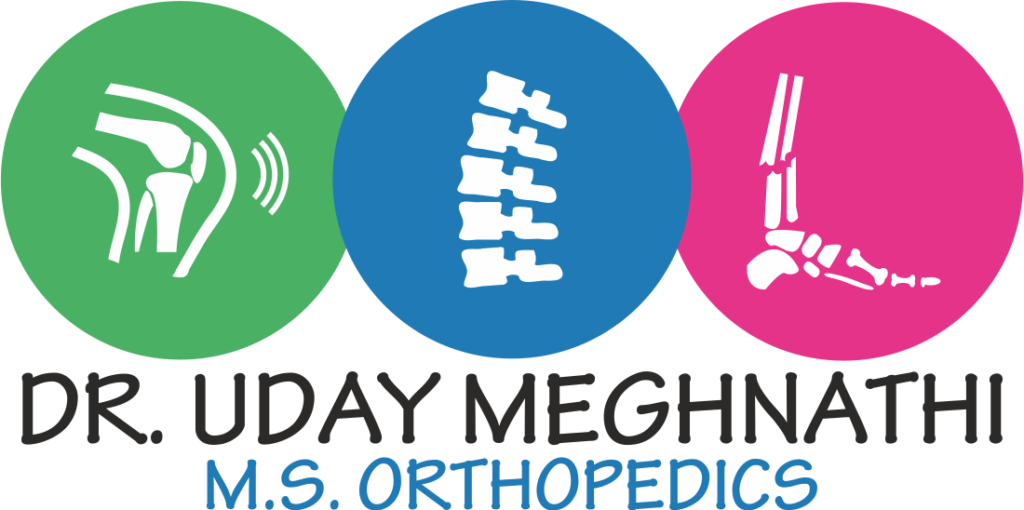If you’re considering hip replacement, you’re not alone. According to the American Academy of Orthopaedic Surgeons, more than 300,000 Americans have hip replacement surgery each year.
If you’re considering hip replacement surgery, you probably have a lot of questions. The best hip replacement surgeon in Vadodara can help you determine if hip replacement is the right treatment for you and, if so, how to prepare for the procedure.
Hip replacement is a procedure in which the damaged parts of the hip joint are removed and replaced with new, man-made parts. The goal of hip replacement surgery is to relieve pain and restore function to the hip joint.
Two Types of Hip Replacement Surgery
Total Hip Replacement: In a total hip replacement, both the socket and the ball of the joint are replaced with man-made parts.
Partial (or Hemi) Hip Replacement: In a partial (Hemi) Hip Replacement, only half of the socket is replaced.
- Hip replacement surgery is usually performed under general anesthesia, which means you will be asleep during the procedure. The surgery takes about two hours to perform.
- After the surgery, you will be taken to a recovery room where you will wake up from the anesthesia. You will then be moved to a regular hospital room where you will stay for three to five days. During this time, you will receive physical therapy to help you regain your strength and range of motion.
- You can expect to feel some pain and discomfort after the surgery, but this can be managed with medication. Most people report feeling better within four to six weeks after the surgery. It may take up to three months before you fully recover and are back to your normal activities.
- If you have hip replacement surgery, you will likely need to take a blood thinner for several weeks or months to prevent blood clots from forming. You will also be at risk of developing an infection around the artificial hip joint. Your surgeon will prescribe antibiotics to help prevent this.
Overall, hip replacement surgery is a safe and effective way to relieve pain and restore function to the hip joint. If you are considering this procedure, be sure to talk to your doctor about all of the risks and benefits involved.
Some Common Complications After Surgery Include:
- Blood Clots
- Infection
- Dislocation
- Implant Failure
- Nerve Damage
- Leg Length Discrepancy
- Pain
- Blood Loss
- Heart Attack
- Pulmonary Embolism
- Stroke
You should also be aware that there is a small risk (less than one percent) of death associated with any surgery. Be sure to discuss these risks with your doctor before having hip replacement surgery. Hip replacement surgery is a big decision. Be sure to talk to your doctor about all of your options and make sure you are making the best decision for your health.
Hip Replacement Treatment
Most hip replacement treatments involve a total hip replacement, where the damaged bone and cartilage are removed and replaced with prosthetic components. In a partial hip replacement, only the ball portion of the joint is replaced. Hip replacement surgery may be an option for you if:
- Your hip pain doesn’t improve with other treatments.
- Your hip joint has been damaged by arthritis, trauma, or other conditions.
- You have a fracture in your hip that doesn’t heal properly.
- You have moderate to severe pain even when resting.
- You have difficulty sleeping due to your hip pain.
- The quality of your life is decreased because of your hip pain or disability caused by it.
During a total hip replacement, the surgeon will make an incision to access the hip joint. The best orthopedic doctor in Vadodara will first assess your overall health and review your medical history. He or she will also examine your hip joint and assess the amount of pain and stiffness you’re experiencing. Imaging tests, such as X-rays, may be used to further evaluate the condition of your hip joint. Then, the damaged bone and cartilage is removed and replaced with prosthetic components. In a partial hip replacement, only the ball portion of the joint is replaced. The type of hip replacement surgery that you have will depend on the extent of damage to your hip joint.
Also check: 8 Best Foot Exercises to Prevent Your Feet from Injury


